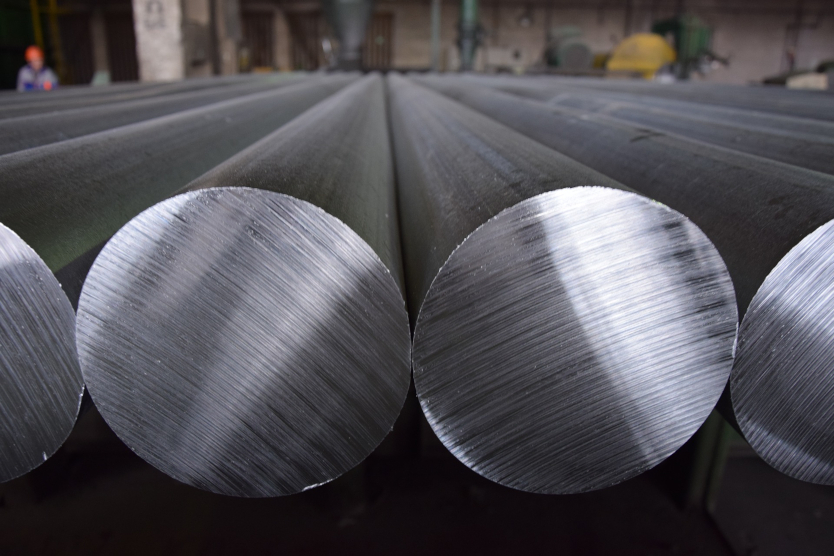
The project aims to improving the energy efficiency in aluminium smelting
© Pixabay
With a global production volume of 115 million tonnes in 2016, aluminium is the second most important metal after steel and is used in almost every area of life. To produce aluminium castings such as aluminium rims or cylinder heads, aluminium is liquefied in a smelting furnace and then cast into permanent moulds. Despite the use of modern insulating materials, this process requires a lot of energy and therefore produces high CO2 emissions. However, with the help of certain adaptations and improvements to individual components, the energy and material efficiency can be increased.
This is where the ALSO 4.0 research project comes in, funded by the Federal Ministry for Economic Affairs and Technology (BMWi). Divided into five sub-projects, the researchers are working on optimising aluminium smelting furnaces. Using cutting-edge, intelligent technology a concept is being developed that will in future allow energy savings through automation processes and increase the efficiency of the furnaces. In one of the sub-projects, the Technical University Bergakademie Freiberg is developing a solution for multi-stage combustion within the furnace in order to minimise the aluminium fire. In addition, the optimum flame length during the smelting process will be determined by modifying the burner: this is another means of making the production process as effective as possible. In the second subproject, the University of Bremen is developing a measuring system to be used in the smelting bath and to provide information about the bath filling level and caking on the furnace walls. The development of an adaptive AI module is intended not only to further optimize the combustion process and increase material efficiency, but also to reduce fuel consumption.
In another sub-project, the Institute for Integrated Production Hannover (IPH) is developing an intelligent control module for 3D data acquisition to monitor the condition of the furnace interior. A 3D camera is used for this purpose, which can film the smelting shaft from above and thus provide information about the interior. This prevents a greater loss of energy, which was previously caused by opening the furnace door when further material was added. Overall, the energy efficiency can then be increased by up to 15%.
ALSO 4.0 will run until the end of November 2019 as part of the Federal Government's 6th Energy Research Programme.


